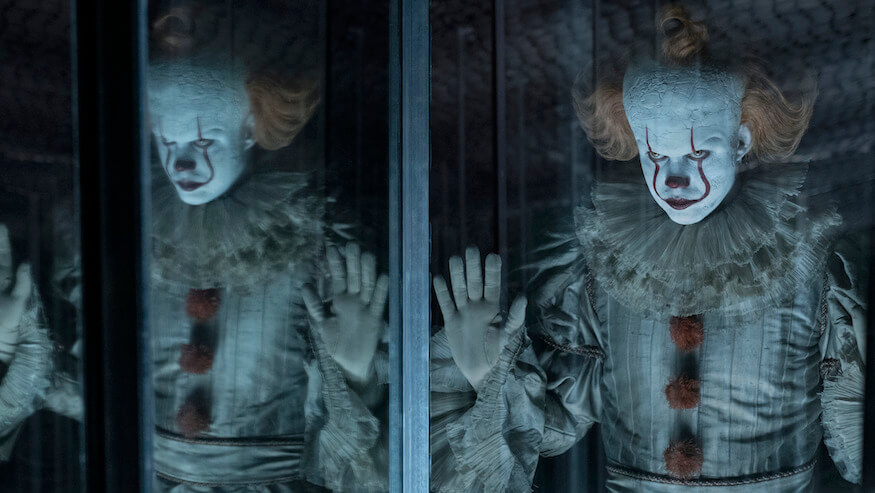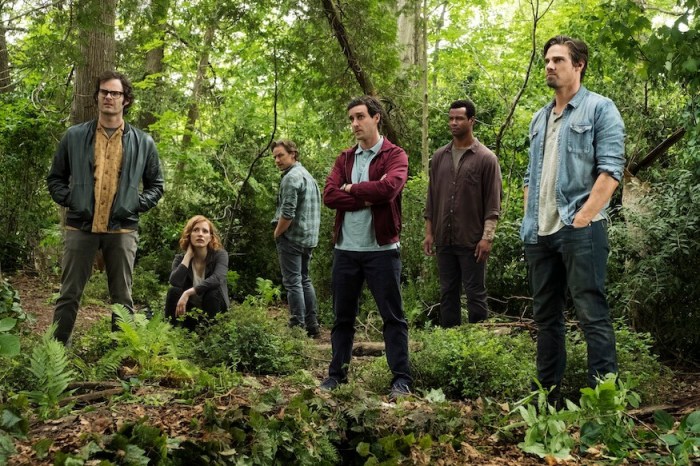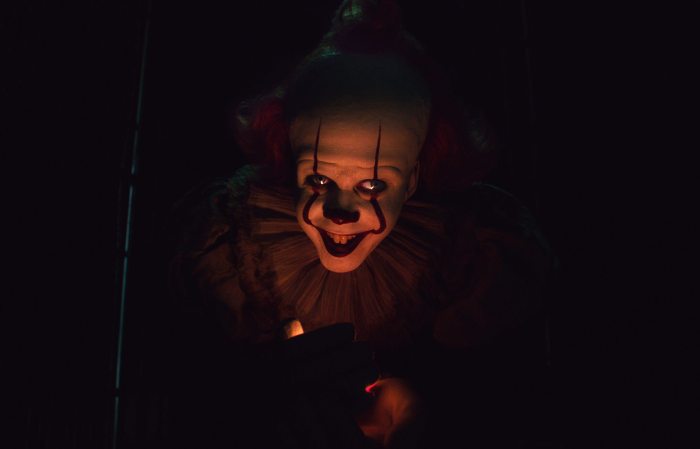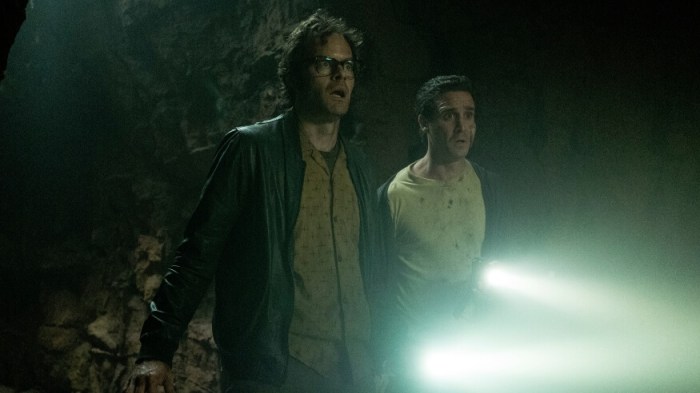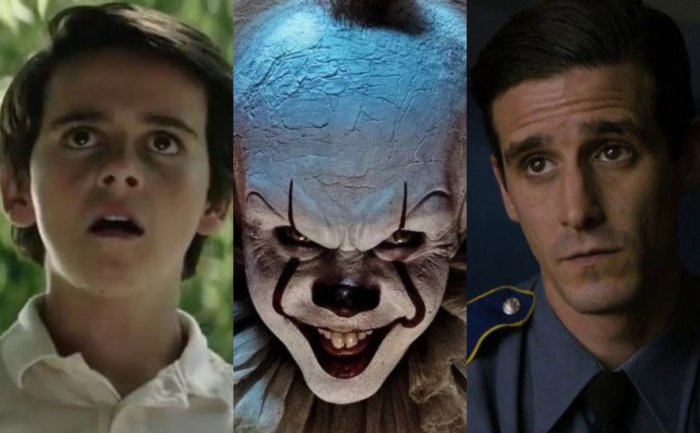It’s release back in September, 2017, made a whole new generation of moviegoers terrified of clowns, as Bill Skarsgard’s creepy portrayal of Pennywise, the murder of little Georgie Denbrough and director Andy Muschietti’s pitch-perfect adaptation of Stephen King’s novel all combined to create a horror film for the ages.
That was only the first part of the story, though, and It: Chapter 2 now has the rather daunting task of matching the scares and terrors of its predecessor. But is It: Chapter 2 actually scary? Critics and reviewers don’t think so, especially when compared to what Muschietti and his creative team had previously achieved.
In her review for The AV Club, Katie Rife simply writes, “When it comes down to it, ‘It: Chapter Two’ just isn’t all that scary. Charlotte O’Sullivan didn’t go quite that far in her most positive review for The London Evening Standard, but did insist that it is “certainly not scarier” than what had come before.
But while It: Chapter 2 ultimately failed to provide the required scares for the above duo, other reviewers teased that the film still had plenty of moments that would unsettle viewers of a weaker disposition.
In his Variety review, Peter Debruge noted how most of its scares are “hallucinatory” “sight gags” that are only “made possible by CGI.”
Debruge added, “Tiny digital monsters burst out of fortune cookies at a Chinese restaurant; a Paul Bunyan statue lumbers cartoonishly after Richie with his giant ax; virtual spider legs sprout from an old friend’s decapitated head, skittering around like something out of John Carpenter’s The Thing.”
For The Wrap’s Dan Callahan, though, the transition of Pennywise into Beverly’s abusive father is by far the most terrifying “visual idea,” as the other set-pieces are ultimately bogged down for being too “elaborate.”
However, what should really scare viewers is It: Chapter 2’s running time, as the Guardian’s Peter Bradshaw ultimately called it “pointlessly long,” while A.O. Scott of the New York Times believes it wears “out its premise and possibly also your patience as it lumbers toward the final showdown.”

